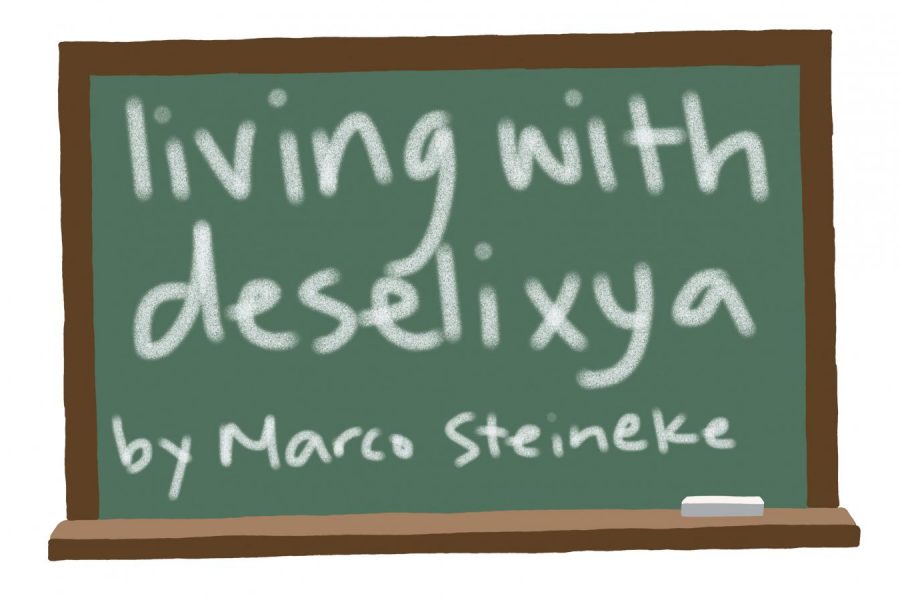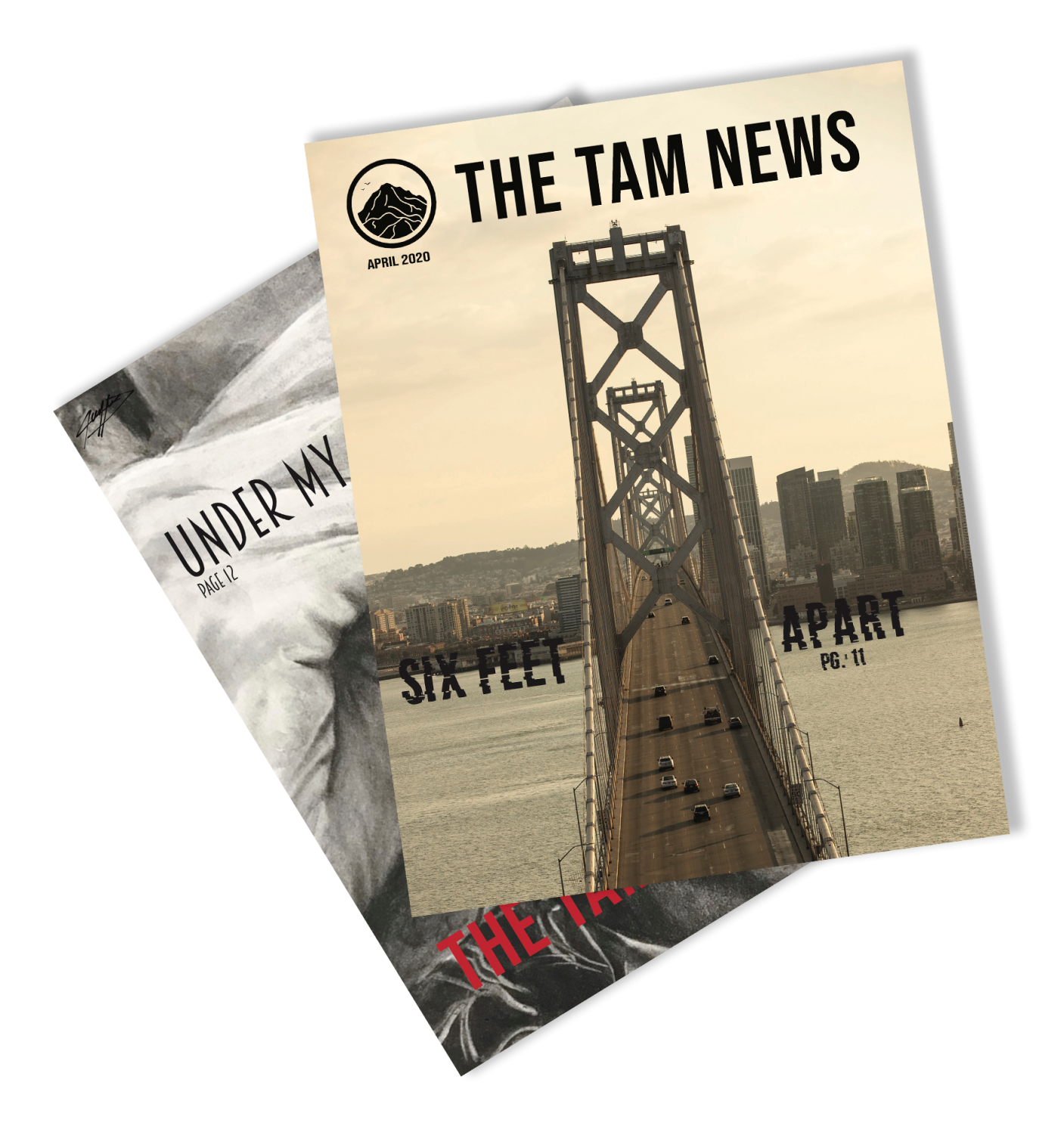Living with “deselixya”
Nov 18, 2019
When I was about seven or eight years old, I was brought into a meeting with my parents and some school administrators. They started talking, and I caught the words, “learning problem.” That had my attention. They told me I had dyslexia, which I, ironically, have always misspelled as “deselixya.”
Dyslexia makes it more challenging to read and write — if I saw a word more than six letters long I couldn’t make it out. I remember the embarrassment when I read aloud because I had to sound out a word every five seconds. “He … doe … does … DOESN’T!”
My reading stayed at that level until sometime in my sophomore year. But even to this day, I remember the whole car ride home, as my parents explained dyslexia. I’m still terrified to read out loud to the class. The second I hear my name, I always think, “Really? You want me to read? Are you sure?”
The one thing that is worse than my reading is my skills in math. I confuse my numbers and symbols, which is another form of dyslexia called dyscalculia. For example, I sometimes see a 3 as an 8 or a 1 as a 7.
It is also hard to understand and differentiate between certain mathematical theorems. It’s not like I don’t pay attention in class. It’s just that when the class ends, I pull out my notes and I swear that they look like one of Albert Einstein’s equations.
I remember reading a study saying that 35 percent of students with dyslexia drop out of high school. I can believe that. If most people with dyslexia/dyscalculia are below the basic standards of reading or math, it’s safe to say they will more easily fall behind in most mainstream subjects. Luckily, at Tam and the other schools in the district, there is a class called Academic Workshop, or A.W. These classes provide a small, quiet work space for students with learning challenges to do work for other classes and have extra tutoring. These are key in helping some students pass their classes, with the eventual goal of graduation.
I want to make it into a university that I like, but a lot of the requirements in English and math make some colleges a reach because of my differences. I just wish they could see me as someone who can try their absolute best in their studies, and not judge me entirely by grades that suffer from a struggle with dyslexia. If I do become a great student in college, I pray that I can be a poster child for dyslexics.
If you are in a classroom and you see someone struggling with reading to the class, don’t judge them. If you are a teacher who is unsure about how to help a student with a learning disability, have a conversation with them and try and find a way to help them succeed in your classroom. To all those who are struggling with a learning disability of any type, don’t give up! Do everything you need to to get through school, because at the end of the day, you can still do something great, despite any problems put in front of you.




